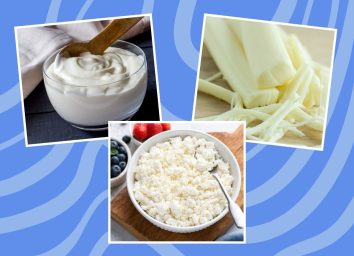What Happens When You Drink Coffee After Noon, Says Science

Starting the day with a cup of coffee is a habit that feels as natural as brushing your teeth or washing your face to many people. And while that morning cup of joe may give you the boost of energy you need to get going, if you're turning to coffee throughout the afternoon—or evening—for a pick-me-up, you could be sabotaging not only your energy level, but your health. Read on to discover the side effects of coffee you could experience if you drink it after noon. And if you're eager to change your diet for the better, check out Eating Habits to Lose Abdominal Fat As You Age, Say Dietitians.
It may take you longer to fall asleep.
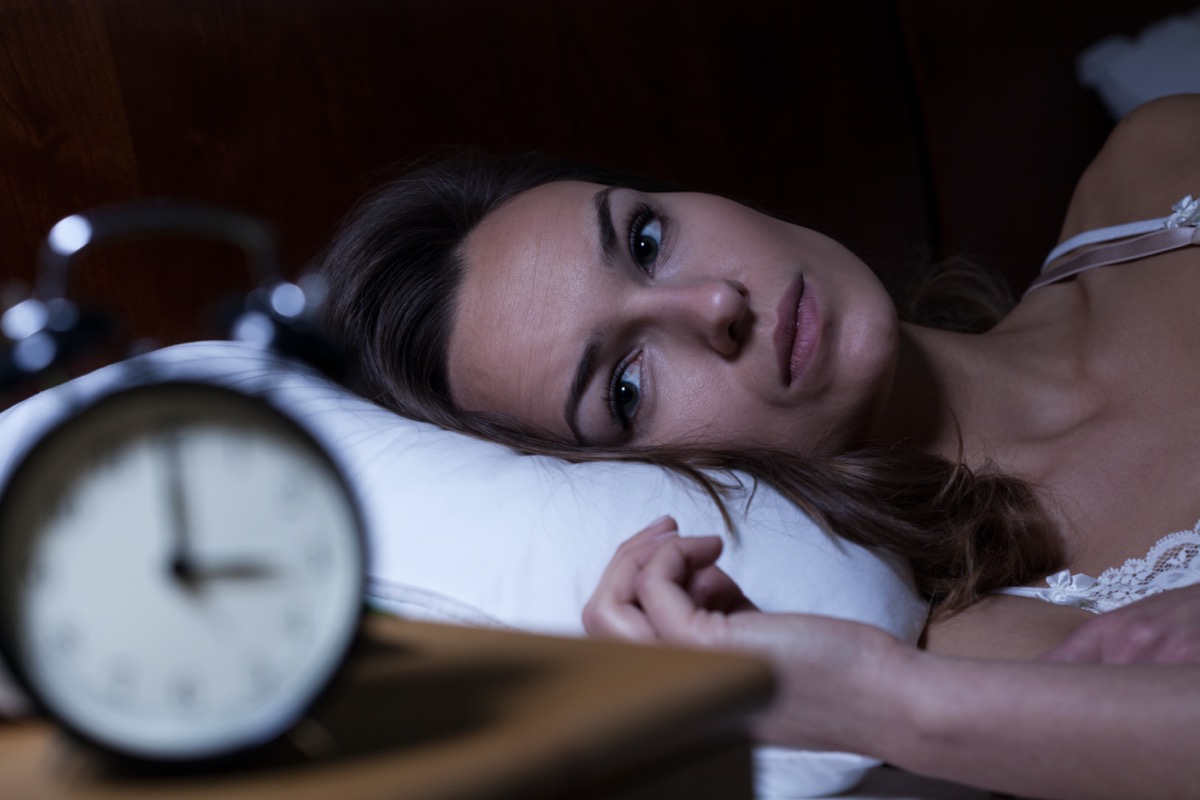
If you're trying to get a good night's rest, you might want to ditch those afternoon coffees. According to a 2014 study published in the Journal of Biological Rhythms, individuals given a dose of caffeine equivalent to two espressos five hours prior to bedtime extended the amount of time it took for them to fall asleep.
You may have less restful sleep.
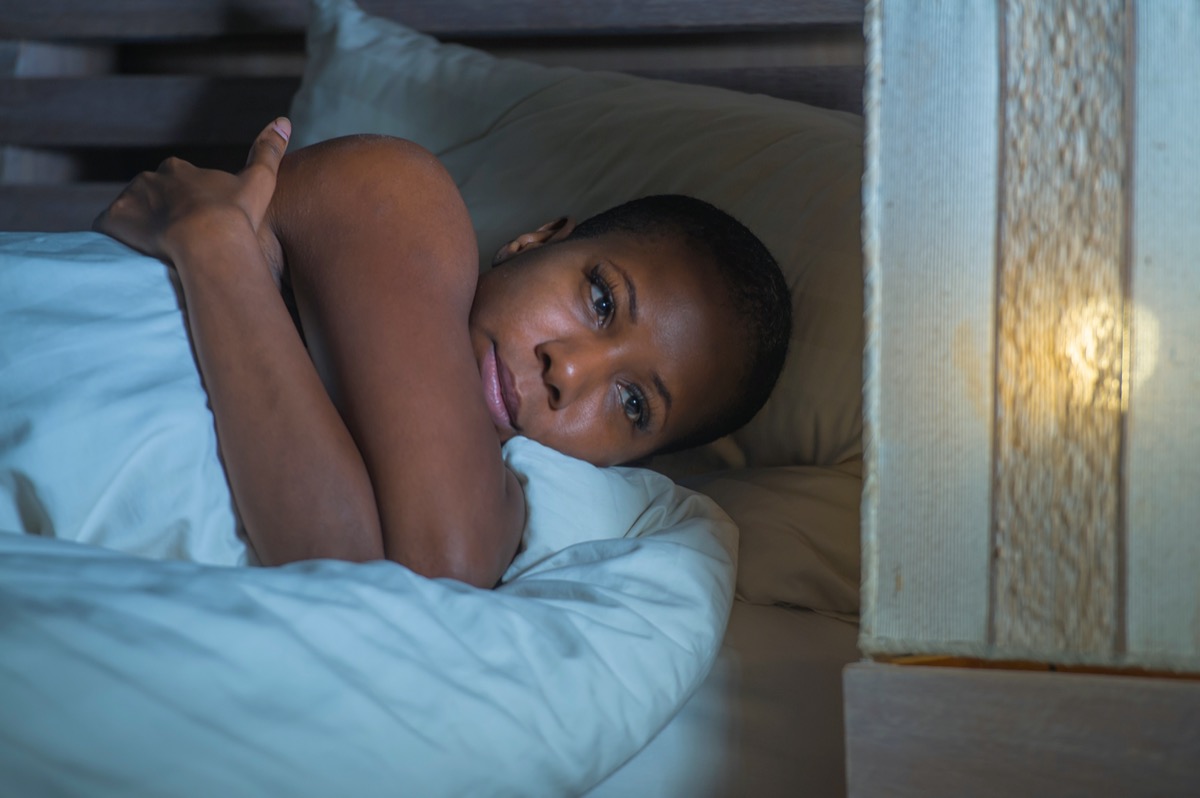
It's not just hours spent tossing and turning you'll have to contend with if you drink coffee close to bedtime. According to the Journal of Biological Rhythms study, individuals who ingested caffeine five hours prior to sleep woke up more often, had longer periods of less restful stage 1 sleep, and had shorter periods of slow wave, or "deep," sleep. And if you want a more restful night's sleep, check out these 20 Ways to Double Your Sleep Quality.
Your whole circadian rhythm may get thrown off.
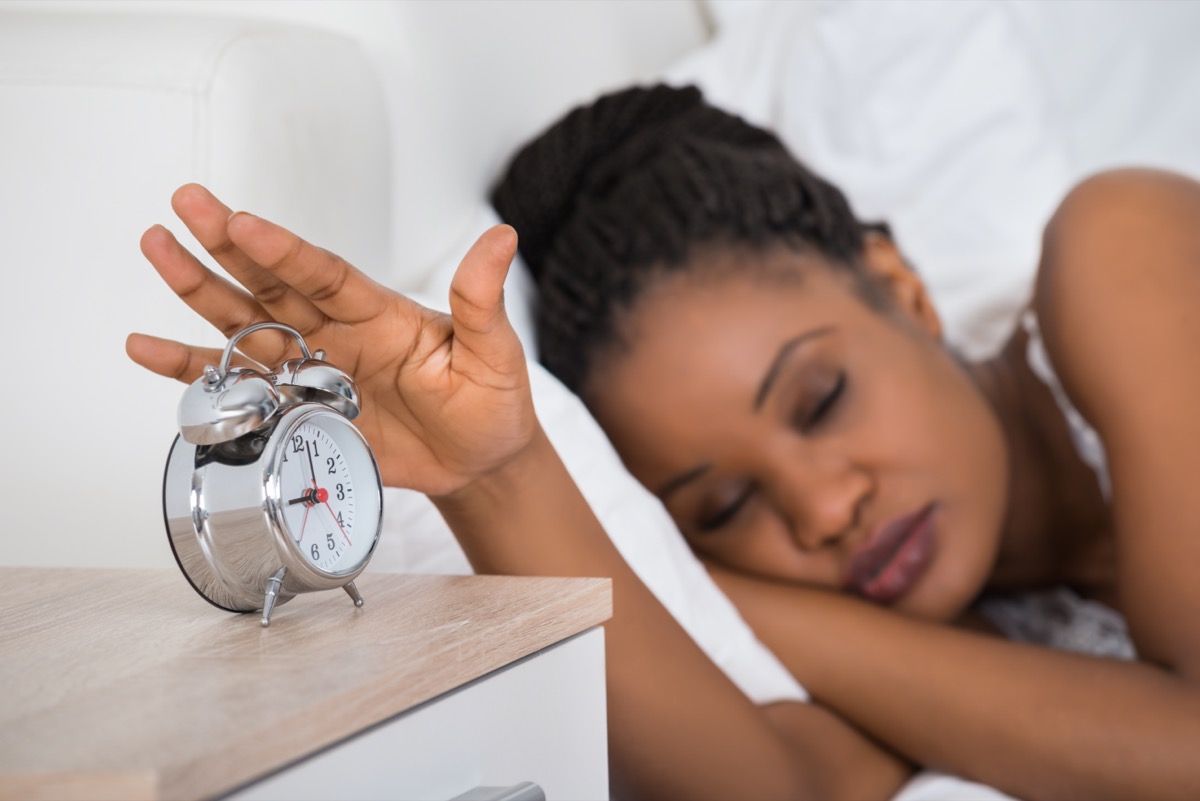
Want to wake up bright and early in the morning? You might want to rethink that afternoon coffee. Not only is an inability to fall asleep at night one of the more well-known side effects of coffee, a 2015 study published in the journal Science Translational Medicine found that a dose of caffeine taken three hours before bedtime delayed an individual's circadian rhythm by approximately 40 minutes, potentially making it harder to get up, too.
Your night sweats may worsen.
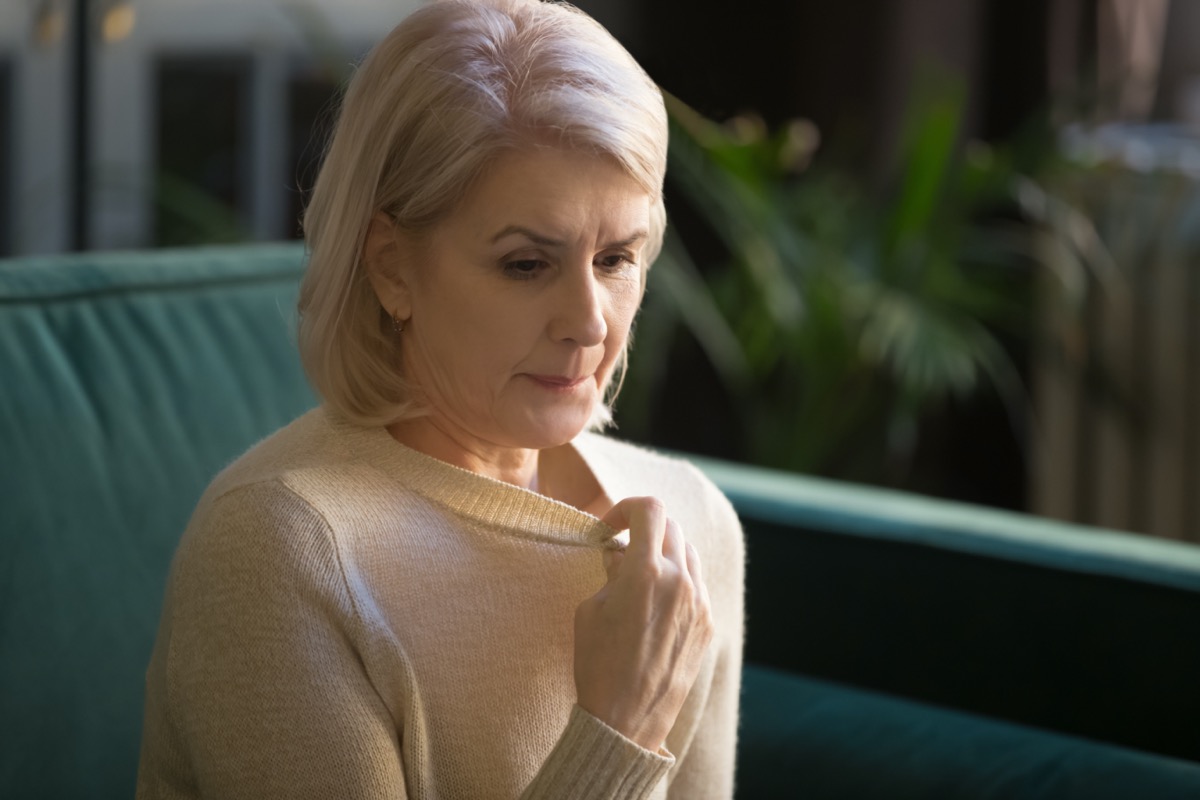
If you're experiencing night sweats as a result of menopause, your afternoon caffeine consumption may be exacerbating the issue. According to a 2015 study published in the journal Menopause, caffeine consumption may make those symptoms worse.
"Limiting caffeine intake may be useful for those postmenopausal women who have bothersome hot flashes and night sweats," says Stephanie Faubion, M.D., director of the Women's Health Clinic at Mayo Clinic, and the study's lead author.
You may have to wake up to use the bathroom.
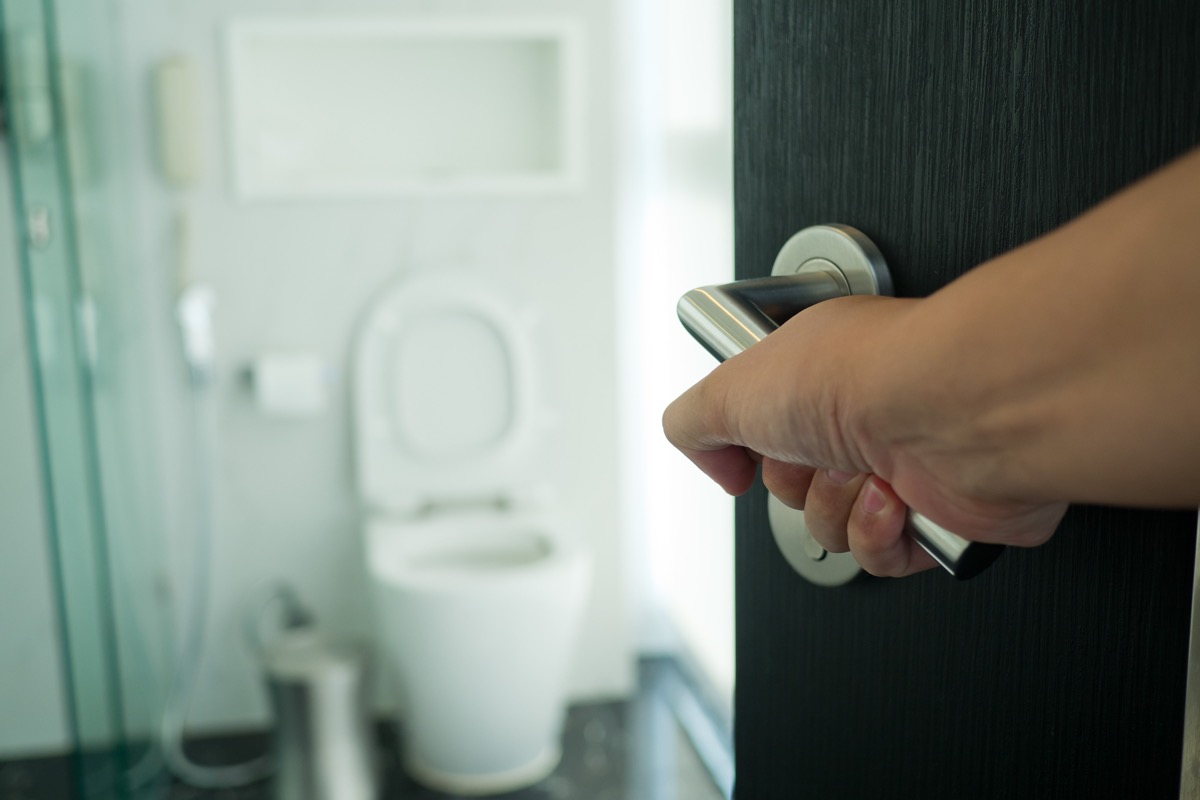
Caffeine is a diuretic, meaning it can increase your need to urinate, regardless of when you consume it. However, if you're drinking coffee in the afternoon or evening, it's more likely to keep you up—and rushing to the bathroom—at night.
A 2013 study published in the International Urogynecology Journal found that women who drank large amounts of caffeine were more likely to develop urinary incontinence than those who abstained or had more moderate caffeine consumption, while a 2011 study in Urology Annals found that among those with overactive bladder symptoms, caffeine can increase both "urgency and frequency of urination," potentially keeping you up. And if you want to wake up well-rested, check out these 7 Healthy Diet Changes That Help You Sleep.


